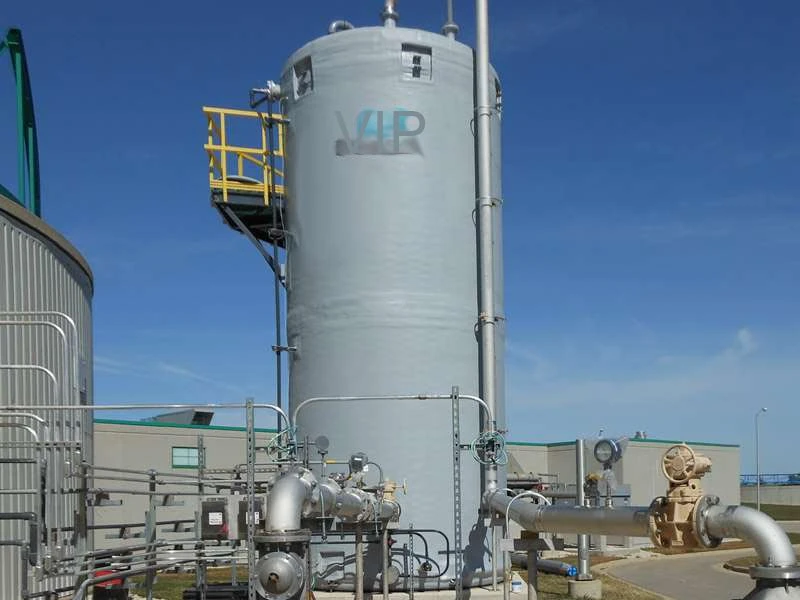
-
 Afrikaans
Afrikaans -
 Albanian
Albanian -
 Amharic
Amharic -
 Arabic
Arabic -
 Armenian
Armenian -
 Azerbaijani
Azerbaijani -
 Basque
Basque -
 Belarusian
Belarusian -
 Bengali
Bengali -
 Bosnian
Bosnian -
 Bulgarian
Bulgarian -
 Catalan
Catalan -
 Cebuano
Cebuano -
 China
China -
 China (Taiwan)
China (Taiwan) -
 Corsican
Corsican -
 Croatian
Croatian -
 Czech
Czech -
 Danish
Danish -
 Dutch
Dutch -
 English
English -
 Esperanto
Esperanto -
 Estonian
Estonian -
 Finnish
Finnish -
 French
French -
 Frisian
Frisian -
 Galician
Galician -
 Georgian
Georgian -
 German
German -
 Greek
Greek -
 Gujarati
Gujarati -
 Haitian Creole
Haitian Creole -
 hausa
hausa -
 hawaiian
hawaiian -
 Hebrew
Hebrew -
 Hindi
Hindi -
 Miao
Miao -
 Hungarian
Hungarian -
 Icelandic
Icelandic -
 igbo
igbo -
 Indonesian
Indonesian -
 irish
irish -
 Italian
Italian -
 Japanese
Japanese -
 Javanese
Javanese -
 Kannada
Kannada -
 kazakh
kazakh -
 Khmer
Khmer -
 Rwandese
Rwandese -
 Korean
Korean -
 Kurdish
Kurdish -
 Kyrgyz
Kyrgyz -
 Lao
Lao -
 Latin
Latin -
 Latvian
Latvian -
 Lithuanian
Lithuanian -
 Luxembourgish
Luxembourgish -
 Macedonian
Macedonian -
 Malgashi
Malgashi -
 Malay
Malay -
 Malayalam
Malayalam -
 Maltese
Maltese -
 Maori
Maori -
 Marathi
Marathi -
 Mongolian
Mongolian -
 Myanmar
Myanmar -
 Nepali
Nepali -
 Norwegian
Norwegian -
 Norwegian
Norwegian -
 Occitan
Occitan -
 Pashto
Pashto -
 Persian
Persian -
 Polish
Polish -
 Portuguese
Portuguese -
 Punjabi
Punjabi -
 Romanian
Romanian -
 Russian
Russian -
 Samoan
Samoan -
 Scottish Gaelic
Scottish Gaelic -
 Serbian
Serbian -
 Sesotho
Sesotho -
 Shona
Shona -
 Sindhi
Sindhi -
 Sinhala
Sinhala -
 Slovak
Slovak -
 Slovenian
Slovenian -
 Somali
Somali -
 Spanish
Spanish -
 Sundanese
Sundanese -
 Swahili
Swahili -
 Swedish
Swedish -
 Tagalog
Tagalog -
 Tajik
Tajik -
 Tamil
Tamil -
 Tatar
Tatar -
 Telugu
Telugu -
 Thai
Thai -
 Turkish
Turkish -
 Turkmen
Turkmen -
 Ukrainian
Ukrainian -
 Urdu
Urdu -
 Uighur
Uighur -
 Uzbek
Uzbek -
 Vietnamese
Vietnamese -
 Welsh
Welsh -
 Bantu
Bantu -
 Yiddish
Yiddish -
 Yoruba
Yoruba -
 Zulu
Zulu
fgd scrubber
The Role and Importance of FGD Scrubbers in Environmental Protection
Flue Gas Desulfurization (FGD) scrubbers are essential technologies employed in power plants and industrial facilities to remove sulfur dioxide (SO2) from exhaust gases. The introduction of FGD scrubbers marks a significant advancement in reducing air pollution, thereby protecting both the environment and public health.
Understanding FGD Scrubbers
FGD scrubbers function by employing various chemical processes to capture and remove sulfur dioxide from flue gases before they are released into the atmosphere. These systems can be primarily categorized into wet and dry scrubbers. Wet scrubbers use a liquid absorbent, often a calcium carbonate or lime slurry, to chemically react with and neutralize SO2. In contrast, dry scrubbers utilize dry reagents, such as sodium bicarbonate, to absorb or react with the sulfur compounds.
The effectiveness of FGD scrubbers is evident from the substantial amount of SO2 they can eliminate. Depending on the technology employed, wet scrubbers can achieve removal efficiencies of 90% or more, significantly mitigating the environmental impacts of power generation and other industrial processes.
Environmental Significance
The primary concern associated with sulfur dioxide emissions is their contribution to acid rain, which can have devastating effects on ecosystems, water sources, and built environments. Acid rain occurs when SO2 and nitrogen oxides (NOx) react with atmospheric moisture, resulting in acidic precipitation. This phenomenon can lead to the acidification of lakes and streams, harming aquatic life, reducing biodiversity, and impacting agricultural productivity.
FGD scrubbers play a critical role in addressing this issue by capturing a significant portion of SO2 emissions. By significantly reducing the levels of sulfur compounds released into the atmosphere, these systems help mitigate air pollution and contribute to healthier ecosystems.
fgd scrubber

Economic Benefits
Beyond their environmental advantages, FGD scrubbers can also offer economic benefits. Many industries face stringent regulatory requirements regarding sulfur emissions. Investing in FGD technology can therefore ensure compliance with environmental regulations, helping companies avoid fines and legal complications. Furthermore, the reduction in emissions can improve public relations and corporate social responsibility profiles, enhancing a company's reputation in the eyes of consumers and stakeholders.
In addition, cleaner operational practices can lead to the conservation of resources. By minimizing sulfur dioxide emissions, facilities can extend the lifespan of equipment and reduce maintenance costs associated with corrosion and degradation caused by acidic gases.
Challenges and Future Outlook
Despite their numerous benefits, the implementation of FGD scrubbers is not without challenges. The initial capital investment and ongoing operational costs can be significant, and the disposal of byproducts, such as gypsum, poses additional environmental concerns. However, advancements in technology continue to enhance the efficiency and cost-effectiveness of FGD scrubbers.
Looking ahead, the integration of renewable energy sources, such as wind and solar power, into our energy mix may also reduce dependence on fossil fuels, subsequently lowering SO2 emissions. Nevertheless, for existing coal-fired power plants and industries reliant on fossil energy, FGD scrubbers remain a vital component in achieving emission reduction goals and combating climate change.
Conclusion
In conclusion, FGD scrubbers represent a crucial technology in the fight against air pollution and environmental degradation. By effectively removing sulfur dioxide from exhaust gases, they play a significant role in safeguarding our ecosystems and public health. As global awareness about air quality and environmental protection grows, the importance of implementing effective emission control technologies, such as FGD scrubbers, will only increase, driving the transition towards a cleaner and more sustainable future.
Latest news
-
High-Quality Fiberglass Car Bodies Durable GRP Car & Boat Body SolutionsNewsJul.08,2025
-
High-Quality Fiberglass Dual Lamination Product Manufacturer Durable FRP & GRP Dual Lamination SolutionsNewsJul.08,2025
-
Rectangular Tank with Dimensions for GRP Calculation Custom Fiberglass GRP Rectangular TanksNewsJul.07,2025
-
High-Quality Fiberglass Weir Custom FRP Weir & Fiberglass Tanks ManufacturerNewsJul.07,2025
-
CPVC FRP Pipe A Reliable Choice for Industrial Applications High Strength & Corrosion ResistanceNewsJul.07,2025
-
Fiberglass Scrubber for Effective Cleaning and Stain Removal – Superior Performance in Various ApplicationsNewsJul.06,2025









